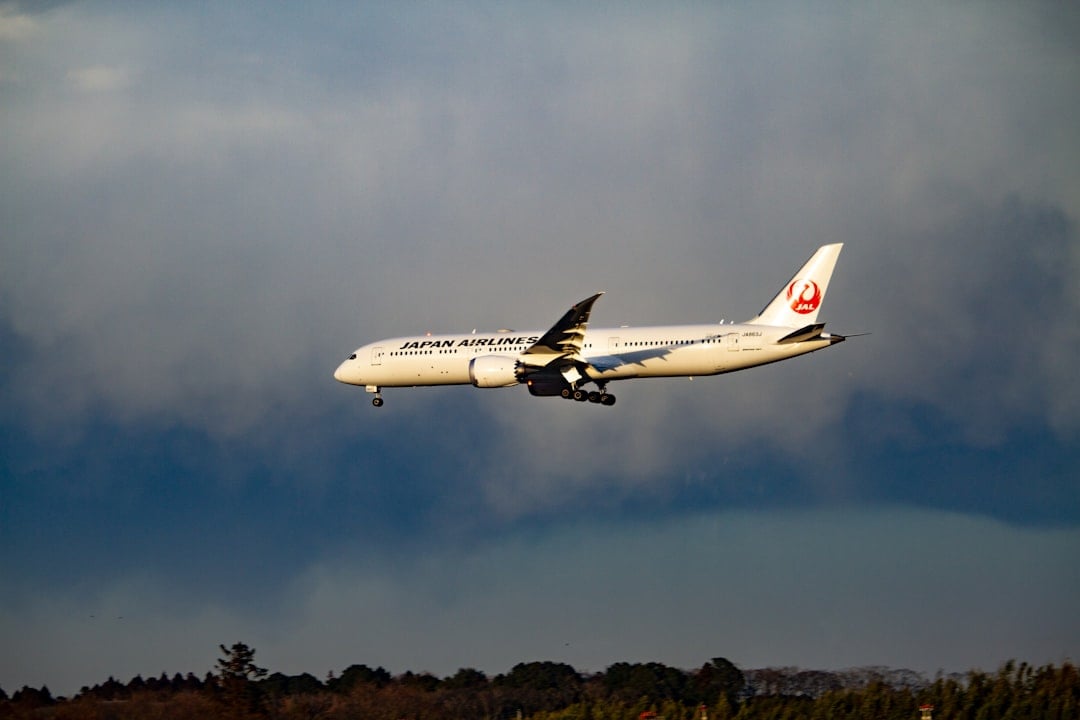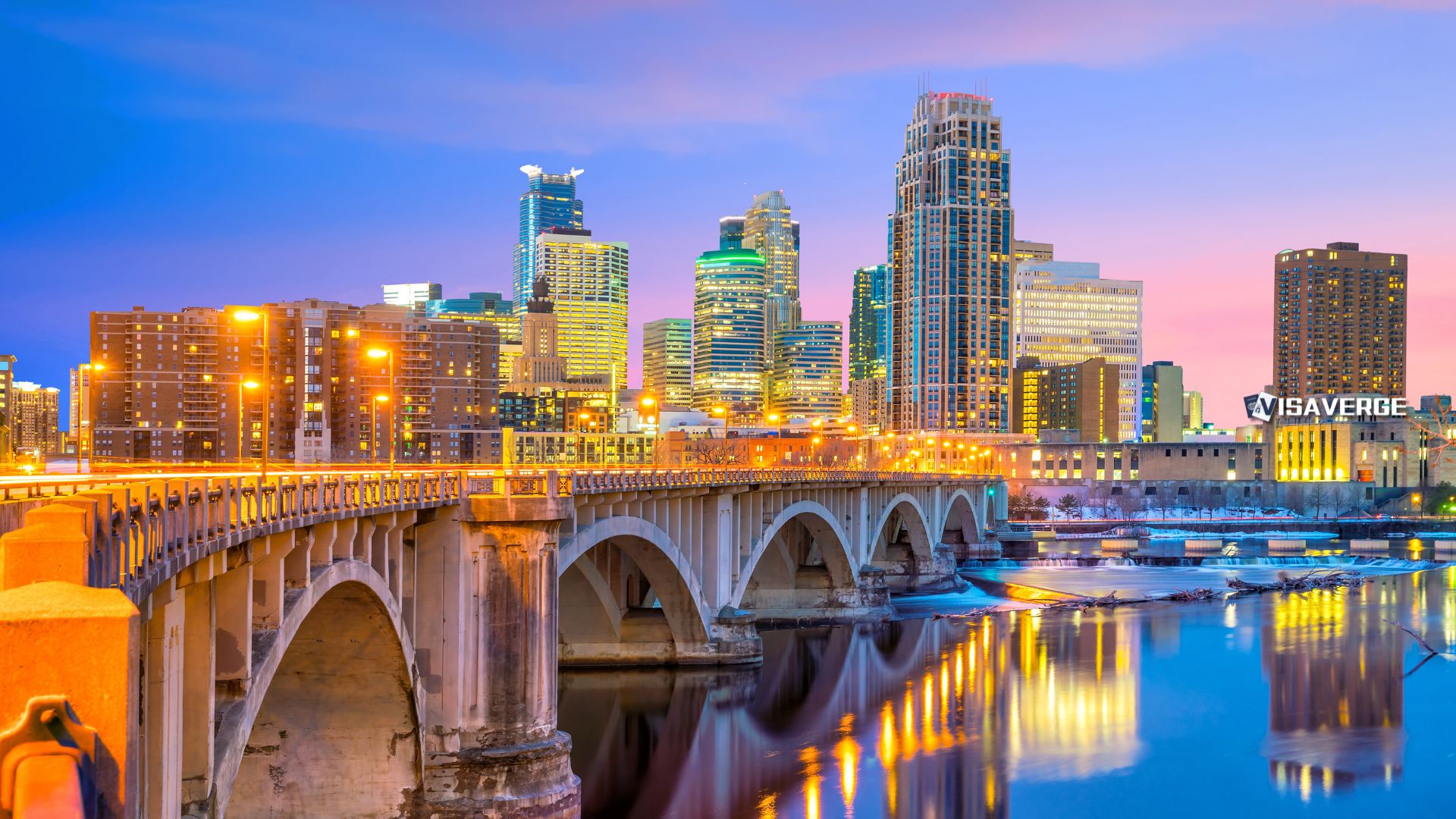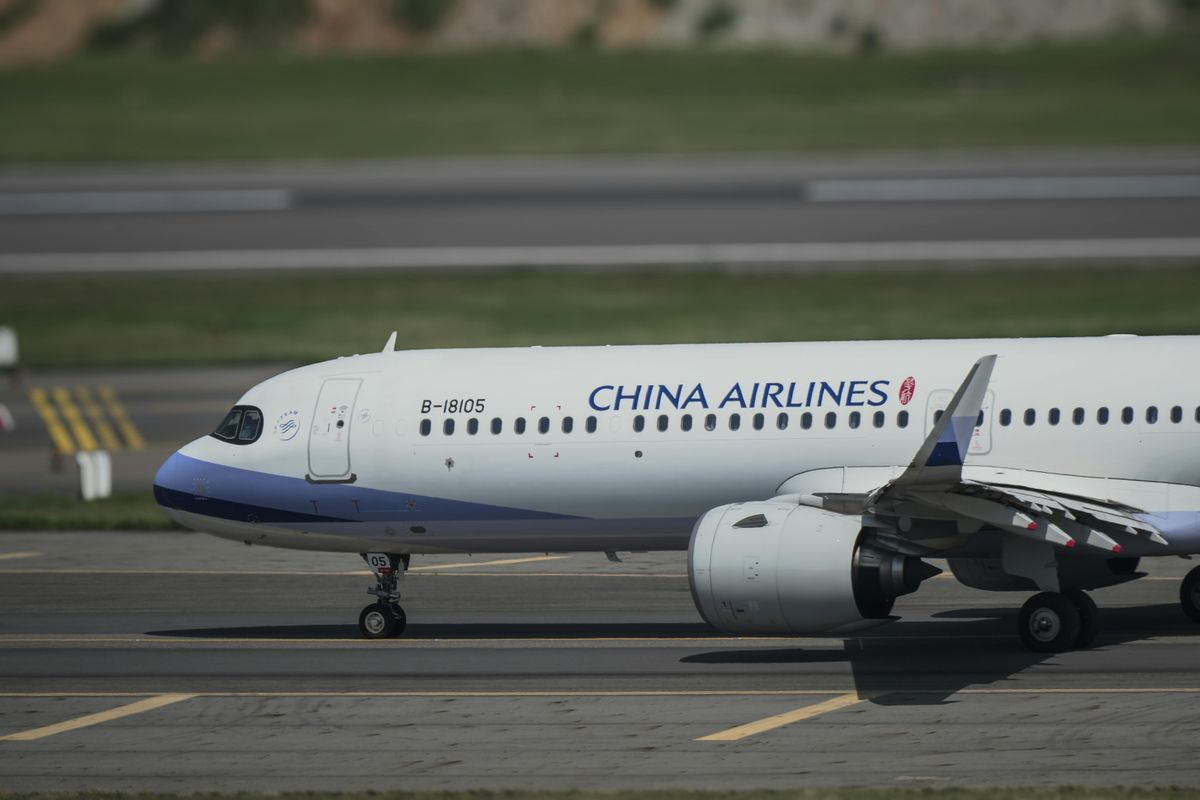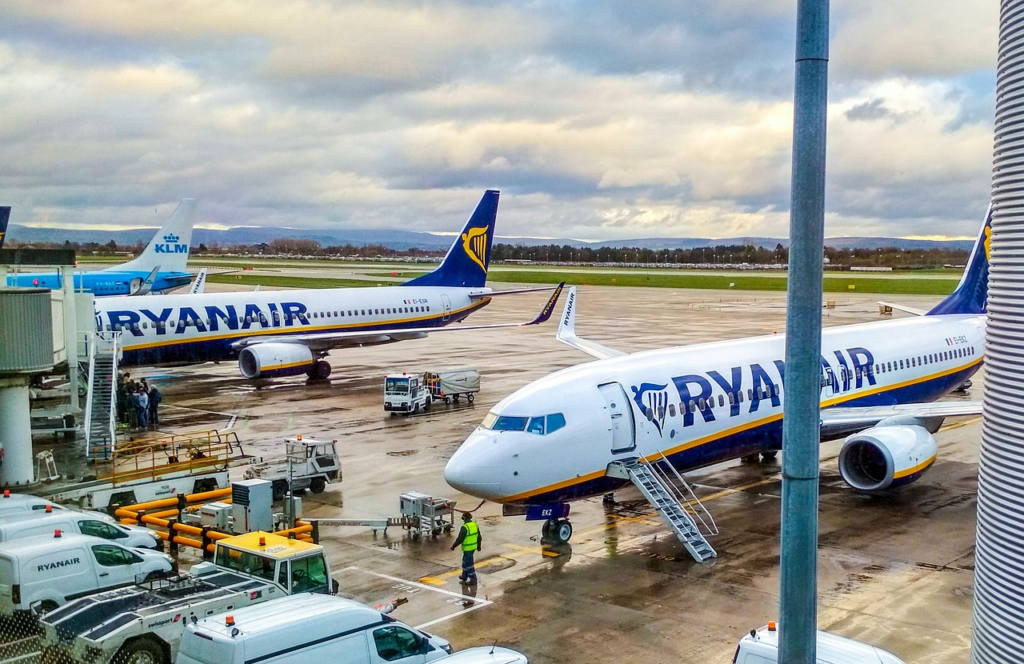(CHENNAI, INDIA) Allegations of “Industrial-Scale Fraud” in the H-1B visa program tied to the Chennai (Madras) district are sending a fresh wave of anxiety through India’s tech corridors and among thousands of would-be migrants. A former U.S. lawmaker and a former U.S. consular officer have both claimed that massive numbers of visas tied to India were tainted by fake documents and political pressure, with one claim suggesting that 220,000 H-1B visas were linked to a single Indian district in one cycle, far beyond the annual U.S. legal cap of 85,000.
How the story surfaced
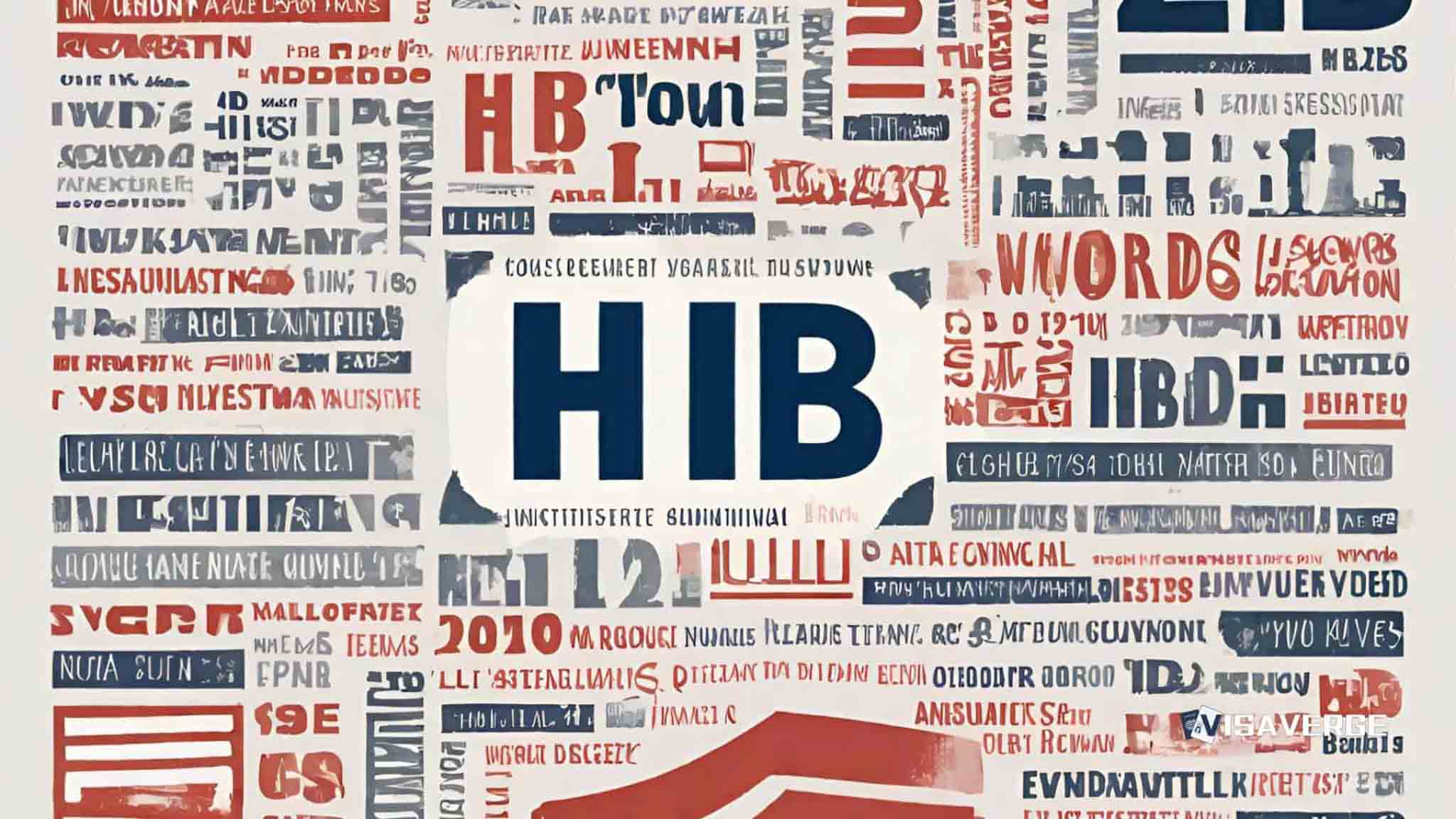
The latest storm was kicked off by Dr. Dave Brat, an economist and former U.S. Representative, who said on a podcast that the H-1B visa system has been “captured by industrial-scale fraud.” Brat claimed that one Indian district, which he described as the Chennai (Madras) district, received 220,000 H-1B visas in a single year. That figure is more than double the total number of new H-1B visas allowed under U.S. law for all countries combined, adding sharp political fuel to long-running arguments over whether foreign workers are hurting or helping the American job market.
Brat framed the issue in stark, emotional terms, arguing that inflated visa numbers “steal” jobs from U.S. workers and threaten American families. His comments landed at a time when both major U.S. political parties are under pressure to look tough on migration systems seen as weak or poorly enforced. Though he did not present new official records to support the 220,000 figure, the sheer scale of the number has sparked alarm among Indian professionals who fear fallout from renewed scrutiny of every application.
Claims from a former consular officer
Those concerns are magnified by earlier claims from Mahvash Siddiqui, an Indian-American former diplomat who worked as a consular officer at the U.S. Consulate in Chennai between 2005 and 2007. In her own podcast appearance, Siddiqui said that during her posting, a “large proportion” of H-1B visa applications from India appeared to involve fraud. She went much further than typical cautious government language, estimating that 80–90% of H-1B visas issued to Indians in that period were “questionable.”
Siddiqui described case after case of:
- Fake academic degrees
- Forged employment letters
- “Proxy applicants” turning up at interviews instead of the real visa candidate
According to her account, some consultancies and middlemen coached people to avoid American interviewers. If the officer at the window was Indian-American, applicants were allegedly taught to step aside or try again later, in the hope that a different officer might ask fewer probing questions.
Siddiqui also said that consular officers who raised alarms about patterns of abuse were not praised but sidelined. She claimed internal efforts to tighten checks were branded a “rogue operation,” and that political pressure from above blocked deeper probes. She pointed to “training hubs” in regions around Hyderabad where would-be migrants could buy fake degrees or employment letters and practice misleading interview techniques designed to win an H-1B visa without real qualifications or a genuine job.
Immediate consequences for applicants and families
These claims, from two very different voices, have landed at a sensitive moment for Indian nationals hoping to work or study in the United States 🇺🇸. Many tech workers in cities such as Chennai and Hyderabad already face tough odds in the annual H-1B lottery and months-long waits for appointments at U.S. consulates. The idea that a flood of fake cases may have tainted the system raises fears that honest applicants will pay the price in the form of stricter scrutiny and higher refusal rates.
Potential impacts include:
- Deeper document checks and more background investigations
- Longer processing times and appointment backlogs
- Requests for extra proof of education, past work, and nature of the job
- Higher refusal rates for minor paperwork errors
For Indian students on F-1 visas, professionals chasing H-1B roles, and families seeking dependent visas such as H-4, the possible impact is wide-ranging.
Risks for employers and the IT sector
Employers, especially in India’s giant IT and outsourcing sector, also see risk. Brat’s “industrial-scale fraud” charge goes to the heart of a long-running U.S. political debate about whether outsourcing firms misuse the H-1B visa to bring in cheaper foreign labor.
If lawmakers use these latest allegations to push for stricter rules, companies that rely on large numbers of Indian H-1B workers could face:
- More audits and site visits
- Increased legal exposure
- Potential loss of the right to sponsor new visas if linked to forged documents or sham jobs
Industry voices are already pushing back. Indian IT groups, including major employers that send thousands of engineers to the United States each year, have rejected the broad fraud narrative. They point to U.S. government audits that, according to their statements, report only “single-digit” fraud rates in the H-1B system. These companies argue that they follow strict compliance checks and that most applications are tied to real jobs, real degrees, and real skills. They describe the sweeping claims about Chennai and the wider Chennai (Madras) district as unfair smears on Indian professionals.
Policy implications and public perception
Immigration analysts note that data disputes will not necessarily calm public anger. According to analysis by VisaVerge.com, perception often matters more than statistics in the policy arena. When phrases like “industrial-scale fraud” gain traction in media and political circles, lawmakers may feel pressure to act, even if official reports suggest far lower fraud levels.
Possible policy responses include:
- New anti-fraud fees
- Tighter rules on outsourcing firms
- Fresh calls to cut the annual H-1B cap below 85,000
The role of immigration consultancies and the informal market
The allegations also ripple across the world of immigration consulting in India, a sector where unlicensed agents and shady “visa guarantee” shops operate alongside reputable law firms and global HR teams. Stories of people paying large sums for forged degrees or fake work experience letters are not new, and Siddiqui’s account of centers around Hyderabad that “train” people to cheat fits longstanding worries about this informal market.
If American consulates decide that such fraud is widespread, they may start to treat applications routed through little-known consultancies with special suspicion, pushing more applicants to work directly with established employers.
Advice for applicants
For those still planning to apply, lawyers and former officials stress simple but strict steps:
- Ensure every academic degree, job offer letter, and pay record is real and easily verifiable
- Avoid agents who promise an H-1B visa is “guaranteed” in exchange for a fee
- Expect longer waits and more probing questions at interviews, especially at high-volume posts such as Chennai and Hyderabad
- Work directly with recognized employers or reputable attorneys when possible
Official guidance and verification
Official guidance on the basic rules of the H-1B program remains available from U.S. agencies. The U.S. Citizenship and Immigration Services H-1B information page explains the current cap, eligibility standards, and the separate roles of employers and workers in the process.
While it does not address the specific claims about the Chennai (Madras) district, it gives a reference point for what the law actually allows compared with the very high figures Brat and Siddiqui describe.
Key takeaway: The U.S. government has not publicly verified the 220,000 figure tied to Chennai, and independent confirmation has not been presented. Still, the allegations are reshaping conversation and practice around H-1B adjudication.
Human impact and concluding thoughts
Indian applicants watching this debate unfold are caught between pride in their skills and fear that they are being painted as cheats. For many families in Tamil Nadu, Telangana, Andhra Pradesh, and beyond, an H-1B visa is more than just a work permit; it is a path to better pay, international schooling for children, and long-term security.
Hearing that a former consular officer believes 80–90% of past Indian H-1B visas were dubious feels like a direct insult to those who followed the rules and now worry their clean records may not be enough.
The U.S. State Department and other agencies have not issued detailed public responses to each of these podcast claims, and independent verification of the 220,000 figure tied to the Chennai (Madras) district has not been presented in the public domain. But the debate itself is reshaping how people talk about the H-1B visa in both countries.
As demand for U.S. work and study visas continues to grow worldwide, the Chennai allegations underline how fragile trust is in complex migration systems. For honest applicants, employers, and officers on both sides of the counter, the question is whether this latest focus on “industrial-scale fraud” will lead to cleaner processes—or simply make an already hard path even harder.
Claims that Chennai-linked H-1B visas involved industrial-scale fraud emerged from a podcast by a former U.S. representative and testimony from a former consular officer. One claim tied 220,000 visas to Chennai, while the consular officer estimated 80–90% of past Indian H-1B approvals were questionable. Indian IT groups dispute broad allegations. Possible consequences include tighter vetting, longer delays, more audits, and policy proposals affecting applicants and sponsoring employers.










